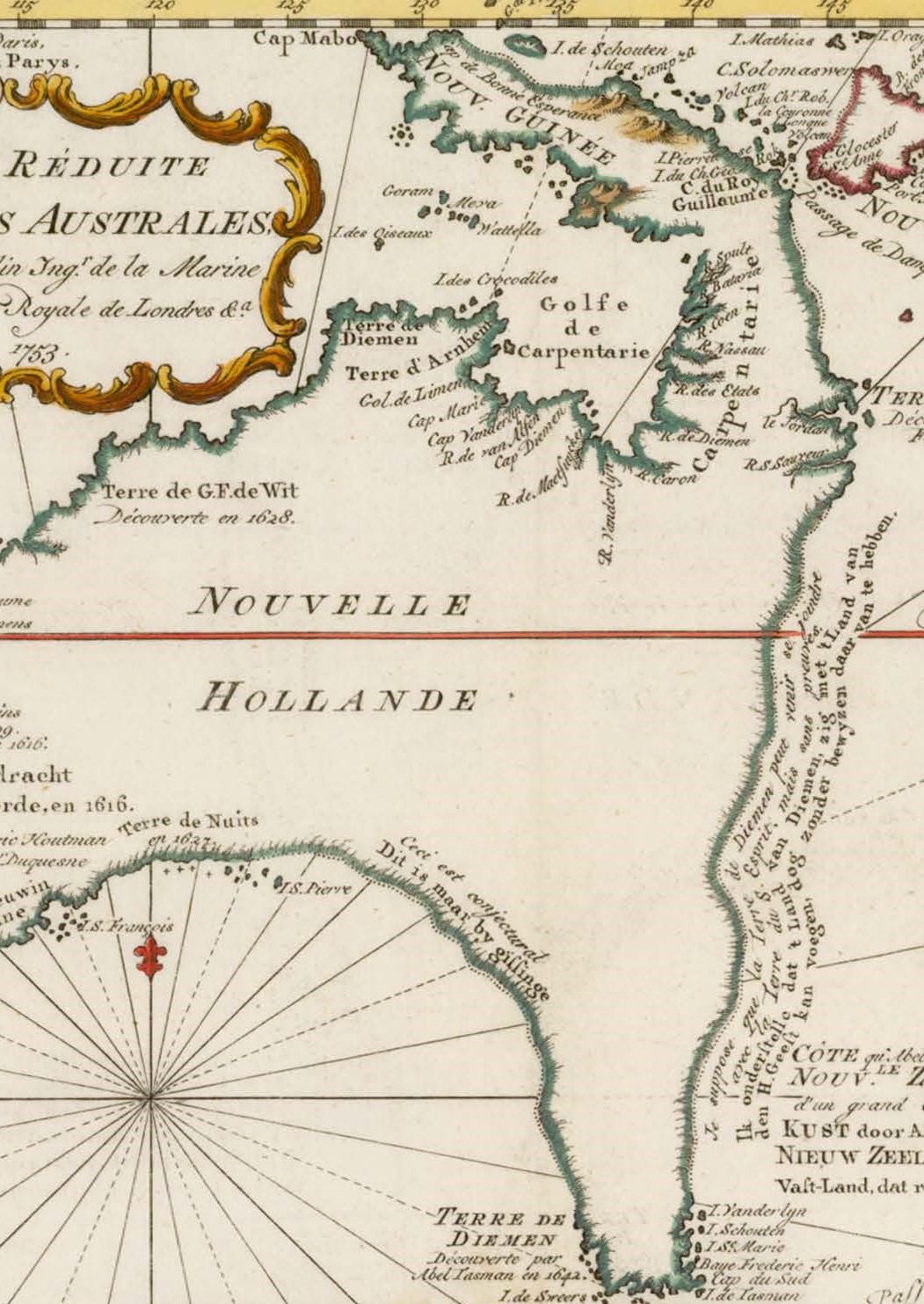Interesting and Uninteresting Unknowns
Mapping Southern Africa in the Seventeenth Century
DOI:
https://doi.org/10.55283/jhk.14183Keywords:
mapping, visual cultures, Cape Colony, Dutch Republic, creole science, Dutch colonialismAbstract
This article explores the stark visual and epistemic contrasts between early modern representations of uncertain southern African spaces produced in the metropolitan Dutch Republic and the Cape Colony, respectively. It emphasizes the importance of metropolitan and colonial mapmakers’ different material interests in shaping their disparate visual cultures. Southern Africa was a heterotopia, viewed differently through metropolitan and settler eyes, and its visualization was interest-driven. Thus, the article argues, early modern representations of uncertain southern African topographies should be analyzed neither just as verisimilar descriptions nor as emptied or exoticized fantasies. Rather, the article proposes studying the epistemic and visual cultures of mapping with the perspective-dependent categories of interesting and uninteresting unknowns. Interesting unknowns tended to be illustrated in a straightforward, ostensibly representationalist manner, whereas uninteresting unknowns became sites for mapmakers to project delocalizing fantasies. Based on their dissimilar geopolitical perspectives and material interests, metropolitan Dutch and colonial creolized Cape mapmakers viewed different geographical unknowns as interesting or uninteresting. Thus, this article contends, scholars ought to pay more attention to the unique contexts that shaped their disparate depictions of the unknown.
Downloads
Downloads
Published
Issue
Section
License
Copyright (c) 2023 Gianamar Giovannetti-Singh

This work is licensed under a Creative Commons Attribution 4.0 International License.


